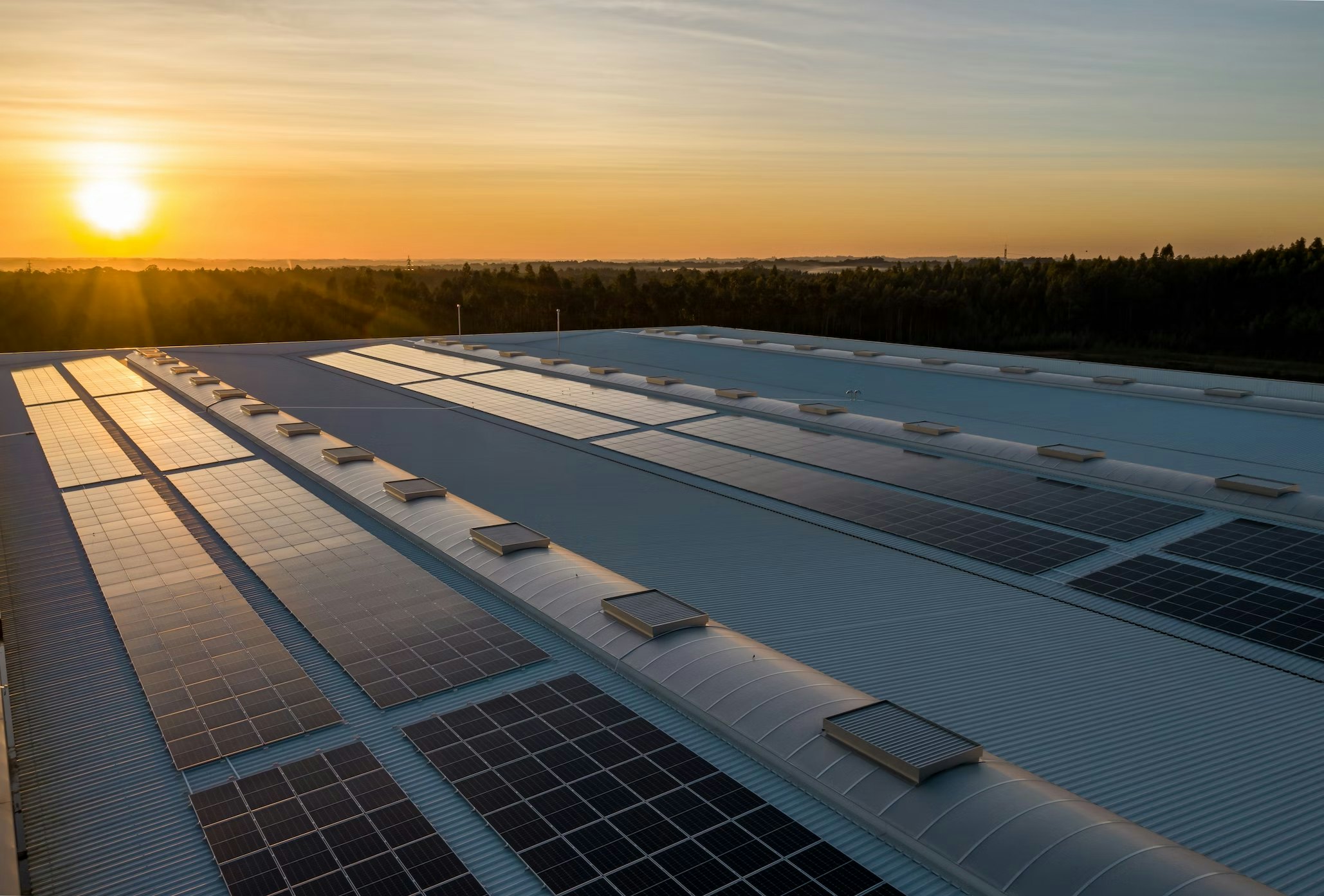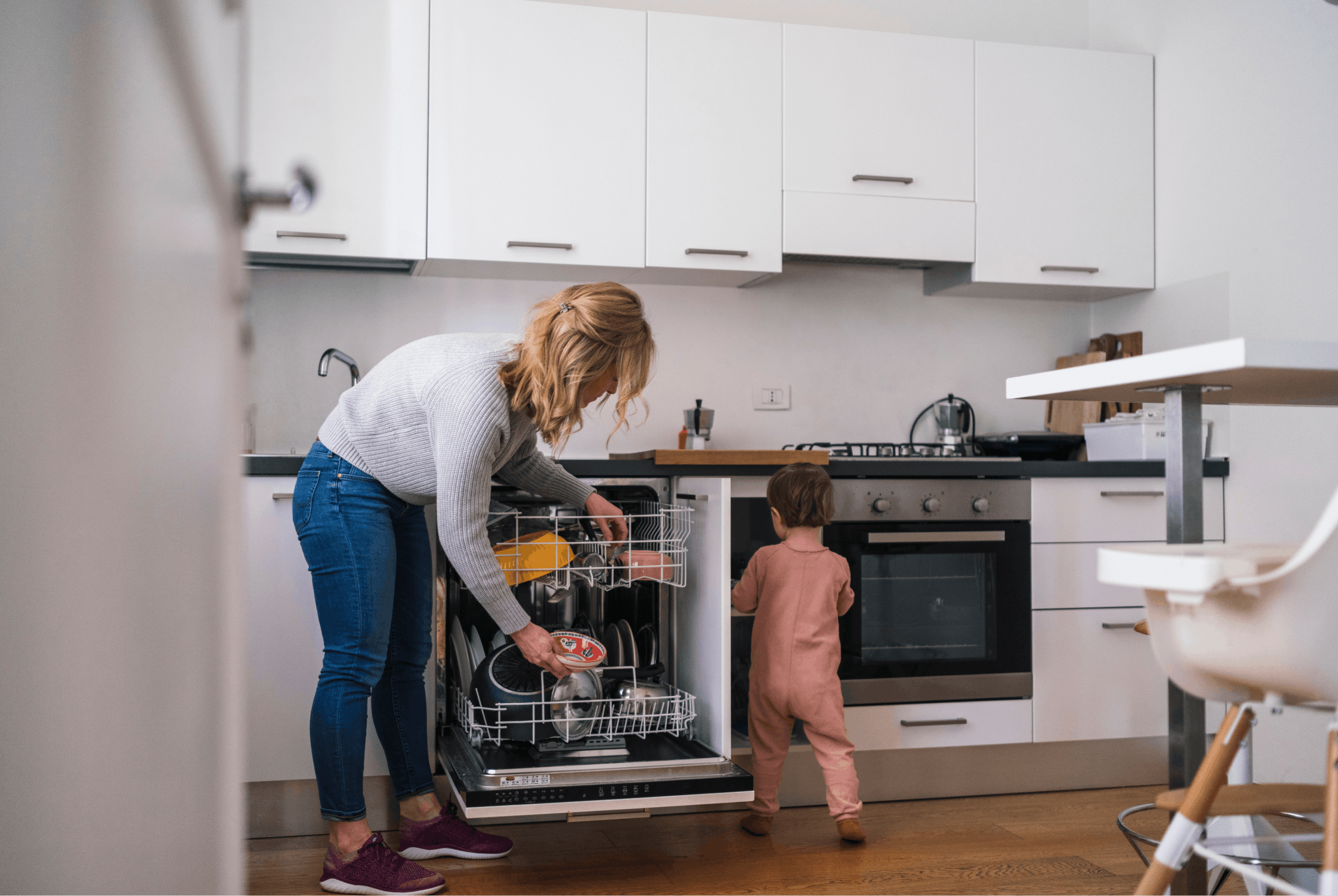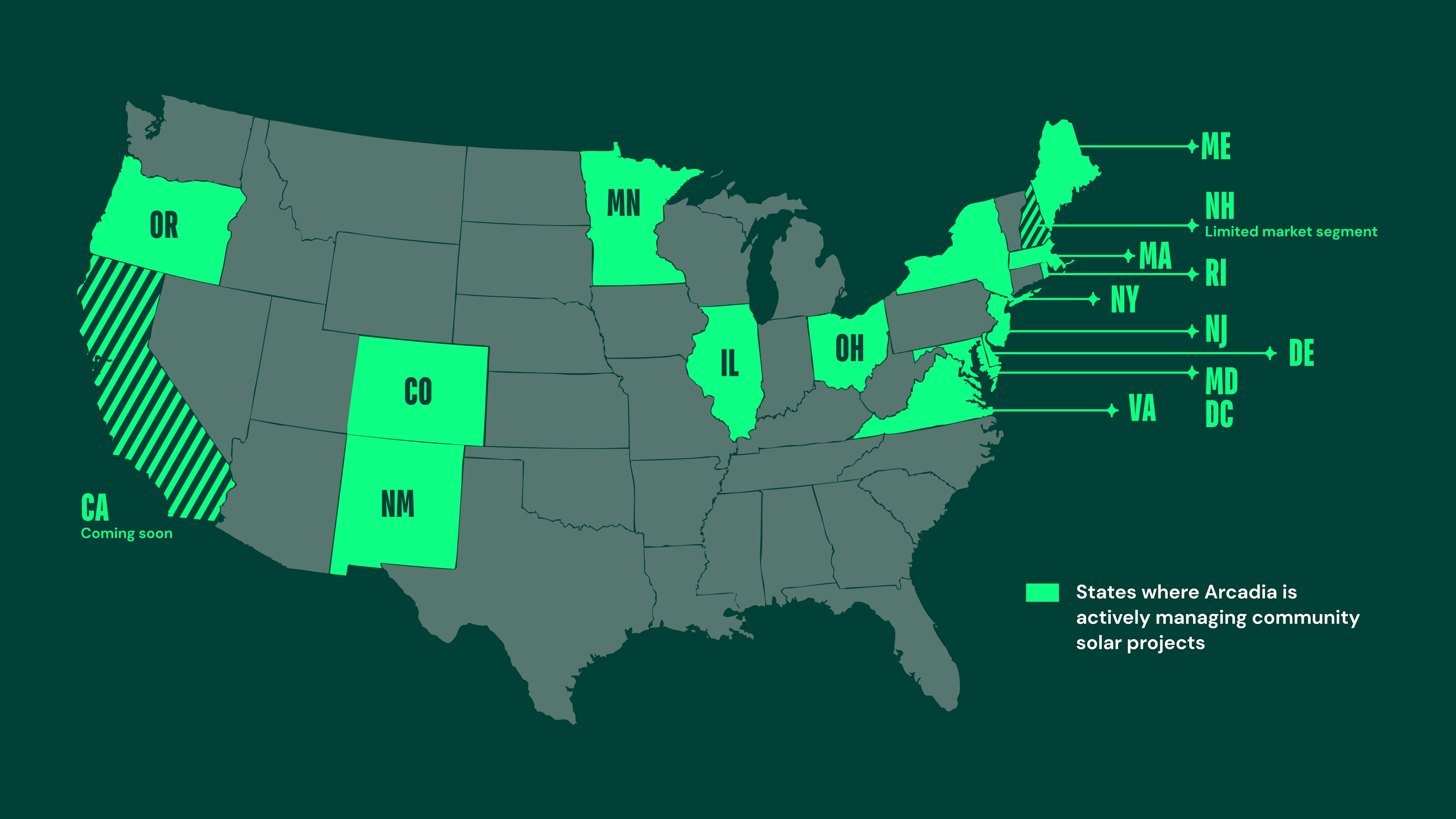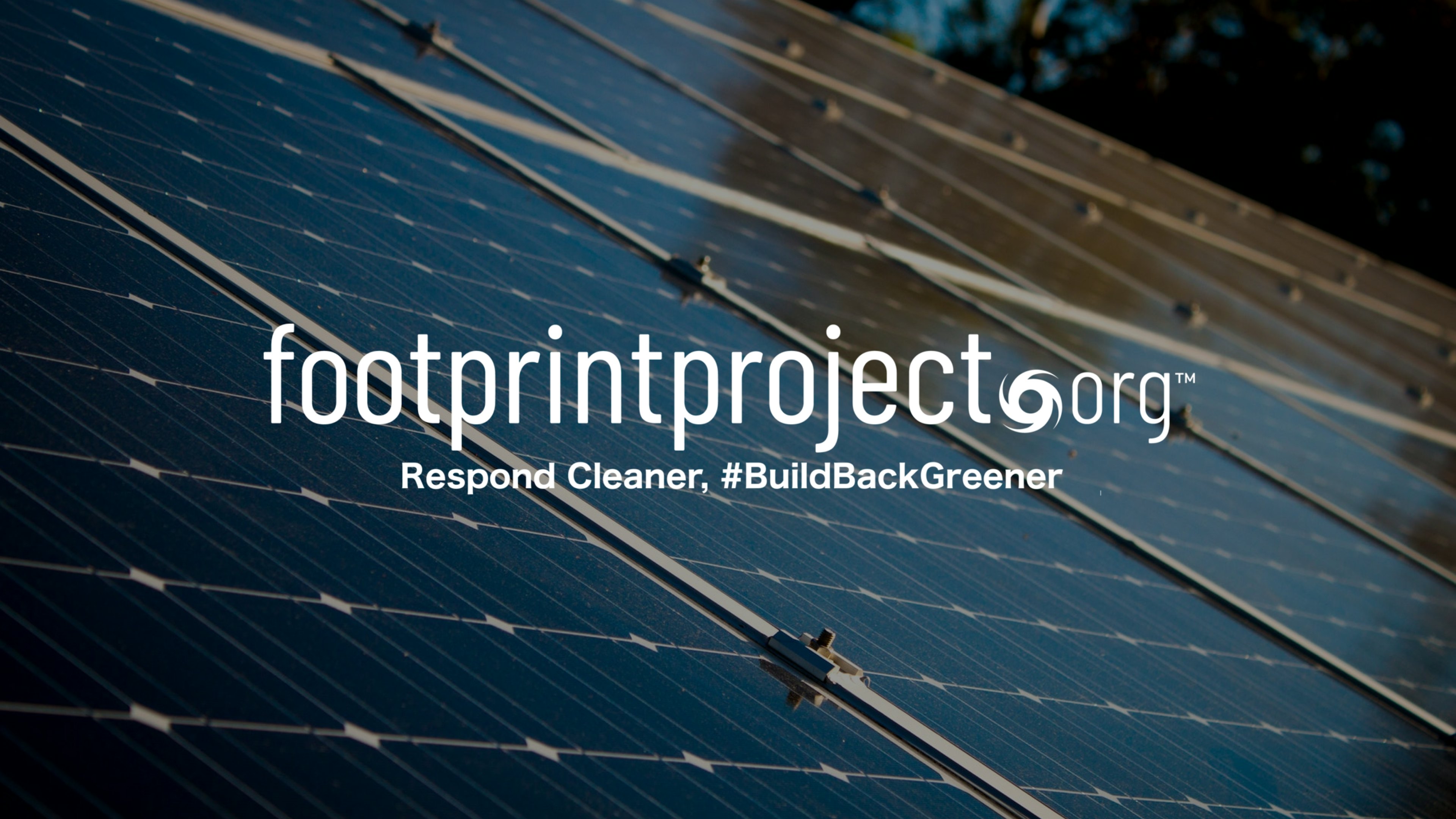9 sustainable practices you can follow at home

This blog post was originally published in August 2024. It has been updated with new insights as of August 2024.
People can take basic steps to make their lifestyles more environmentally friendly, such as walking more or recycling household waste. They may also make sustainable buying decisions that match their values, like buying organic food or beer made by union workers.
The classic slogan “Reduce, Reuse, Recycle” encapsulates some of these practices. However, sustainability involves more than conserving resources. It also involves working to preserve communities, support local economies, and provide employment opportunities for local residents.
Here are some of the top sustainable practices you can adopt to support climate action in your daily life.
Avoid disposable items
Use cloth shopping bags instead of plastic or paper bags at the store, and try to use washable cloth wipes for cleaning and drying in place of paper towels. The average American household produces a staggering amount of trash every year. Recycling programs, where they exist, often only capture a minority of recyclable goods that people toss out. By choosing dish rags over paper towels and reusable water bottles over disposable water bottles, you can reduce your production of trash by several pounds per week.
Make your household cleaners
Using natural and biodegradable chemicals whenever possible is better for the environment, and making natural cleaners and pesticides isn’t that complicated. Making cleaners, polishes, bug sprays, and weed killers at home also saves money. There are simple guides you can follow to make homemade cleaning products and natural pesticides. There are plenty of ways to save money and reduce your environmental footprint by making things at home.
Eat low on the food chain
Environmentalists say that one of the best things you can do for the planet is to reduce your consumption of animal products. People who adhere to this strictly will also avoid honey, milk, and leather goods. Practically speaking, it can still be helpful to try going meatless when possible, at least several meals a week. Try soy-based and almond-based alternatives to milk. Whatever food you buy, try to buy local and organic food. While the health and environmental benefits of buying organic are sometimes disputed, the value of buying locally or regionally is not.
Sign up for renewable energy
Look for opportunities to use renewable energy across your home and your vehicles. If you want to make a dramatic statement, you can install solar panels on the roof and generate some of your own electricity. An alternate — and much cheaper and more accessible — option for supporting renewable energy is to join a community solar program. Enrolling in a community solar program like Arcadia involves no installations or extra costs, just savings on your annual power bill. Learn more here!
Go car-free
You don’t have to stop driving to reduce your vehicle-related carbon emissions. Almost everyone can cut back on the amount they drive, either by combining errands or walking and biking more. Take advantage of mass transit whenever possible. Buy the smallest, most efficient car (e.g., an electric vehicle) that meets your household’s transportation needs, then use it only when driving is necessary. If you live in a city, chances are that many amenities are within walking distance. If you are moving, look for a location with a high Walk Score. The Walk Score is an index that indicates how many common destinations, like shops and schools, are within walking distance of residents. Many apartment and real estate listings now give the location’s Walk Score because savvy renters and buyers are often looking for a walkable neighborhood.
Eat locally
The normal American diet uses enormous amounts of energy, water, and synthetic chemicals. Some of that energy is wasted moving food from where it is grown to where it is sold. The best way to avoid contributing to that issue is to shop for locally-grown foods.
Fortunately, many towns and cities now host regular farmers' markets These markets are ideal for buying local produce and sometimes other local products like jelly, eggs, or honey. Community-supported agriculture (CSA) is also an option in some metro areas. The idea of a CSA is simple enough: subscribers pay for a share of a farm’s products and get bags or baskets of assorted produce.
Make your own cosmetics
You can also try making your own cosmetics, shampoo, and deodorant. This is surprisingly less difficult than it sounds and has multiple benefits. Many cosmetic companies still test their products on animals; by making your own, you can avoid contributing to that practice. Many of the chemicals used in deodorants, cosmetics, and shampoos raise health concerns. By making your own cosmetics, you can avoid these issues while saving some money.
Buy used
It is easy to find a wide variety of used furniture, clothing, tools, and more. Goodwill and the Salvation Army have thousands of stores across the United States. Many cities are home to thrift shops and consignment shops that are locally owned and operated. Habitat for Humanity, the famous affordable housing builder, operates several stores that sell gently used household items like doors, faucets, and windows. If you have a home improvement in mind, look for one of these stores.
Be a socially conscious consumer
Buying less reduces your family’s ecological footprint. Reusing and recycling help too. However, none of those steps consider the social consequences of buying certain mass-produced products. Look for products that promise they are Fair Trade certified. Those companies make it clear that their workers earn fair wages and enjoy good working conditions. Many fair-trade crafts and fair-trade foods use products from worker-owned companies or collectives.
Sign up for community solar
Enrolling in a community solar program is an easy way to support sustainability and decarbonization while saving money on energy costs. Getting started with Arcadia couldn’t be easier. It only takes a few clicks to find out if you’re eligible. Click the button below to see if you qualify to save on your annual energy bill.

Ready to make an impact? Sign up for Arcadia community solar today!
Get startedHome sustainability FAQs
Why is practicing sustainability at home important?
Sustainability at home helps reduce your environmental footprint and mitigate the negative impact of climate change by conserving resources, minimizing waste, and supporting healthier ecosystems for future generations.
What are some sustainable alternatives to common household products?
Sustainable alternatives include using reusable bags, bottles, and containers instead of single-use plastics, choosing eco-friendly cleaning products, purchasing items with minimal packaging, and opting for products made from renewable materials.
How can I save money while practicing sustainability at home?
You can save money through sustainable practices such as reducing energy and water consumption, minimizing waste to avoid unnecessary purchases, opting for DIY solutions instead of buying new products, and joining a community solar program.


